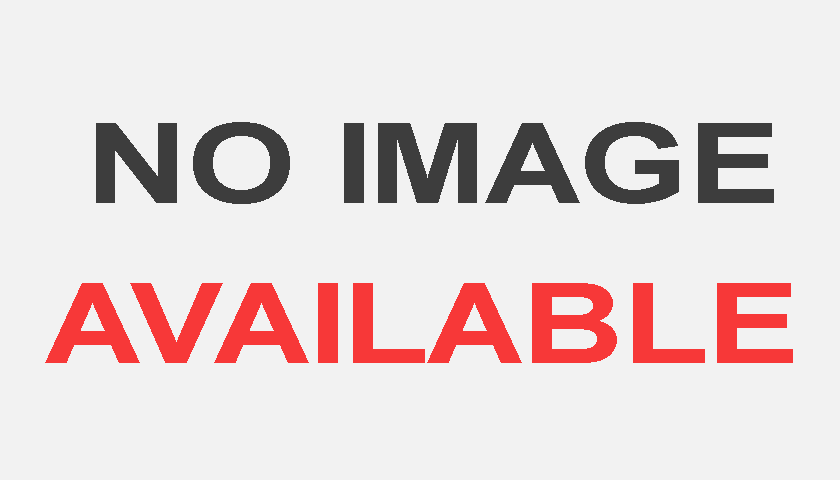Net Neutrality and Why It is a Horrible Idea
Net Neutrality. What is that you ask? It is the idea that corporations should not be able to decide which sites can provide better or faster access to data for their clients. Essentially, different sites get better bandwidth in order to deal with a larger amount of clients that visit, or simply to provide a better and faster experience when using the site. Think of it like a checkout in a store, the corporations get to choose how many cashiers customers have access to so that they can keep up with the amount of people who visit the store. A popular store will therefore have more checkout lanes to keep up with demand. For a website, there are no lanes of course, but this is replaced by the amount of data corporations allocate to the site in order to operate with the current clientele, and sites can pay for access to a better connection.
Under the new proposals brought forth by the Democrats in the US, the internet would no longer be regulated by corporations, but by the government instead. The government would be regulating how corporations decide which channels get more data. What those in favor of this kind of system are saying is that this way, corporations will not be able to unfairly give some sites better access, leaving others behind, and that we should trust the government to regulate this. Some people are even saying that they want a “free and open internet”. Of course, this means that the expenses for the internet will be added to your taxes and the government will take control of how the internet works.
Now you may be asking about how many times the internet has been used by corporations in the past, in order to give their friends or preferred sites better access. The answer is exactly ZERO: this has never happened before. Why is it then that YOU should be against the government’s taking control of internet regulation? For starters, if a corporation were to give you what you perceived as a bad deal, and you wanted your site to have better access to the internet, you could just switch providers, go to another corporation for your needs. If enough people were to feel this way and leave said provider, the server would go out of business, leaving the providers who people see as fair to succeed and flourish in their stead. If the government were to take control of this, they would have a monopoly over internet access. Thus, if they were to treat people unfairly, people would have nowhere else to go: they would have to put up with whatever plans the government sees fit.
Other than that, the government seems to think that all sites should have equal access to data. This could seem like a good idea if you’re completely ignorant as to how the internet works (don’t worry, most of us are technologically impaired, even in this age of techno-centrism). The reason behind this is that giving all sites equal access to data means that sites such as YouTube would be loading just as slowly as some third grader’s web project about why Nicolas Cage is the best actor ever (a true travesty). To this, one might think that we could just speed up all sites and keep them all running just as fast, but that would be incorrect. The internet doesn’t have infinite data over which users can access it and so, naturally, providers only have a certain amount to work with, meaning that these providers will have to allocate this data appropriately in order to give the sites that have more viewers, faster and smoother access.
As a Canadian, why should this worry you? There are already people in favor of giving the government a monopoly over something that is an integral part of our daily lives. In Canada, we already have a degree of government regulation of the internet under the internet traffic management practices the CRTC adopted in 2009, which “prevent carriers from engaging in traffic shaping that is ‘unjustly discriminatory’ or ‘unduly preferential’” (CBC News, 2014), something which they have done. The Canadian government has intervened an incredible ZERO times over the course of six years, while costing Canadians millions of dollars in taxpayer funds. We should also be worried about what is happening in the US as many of our favourite websites (such as YouTube and Facebook) are based in the US. If the net neutrality laws are passed in the US, we may just be having to wait a lot longer for our videos to download and our feeds to update. It may just be in our best interest to tell the government to keep out of our business for once. They’re already monitoring what we do on the internet, so let’s keep them from controlling it too.
Written By: Stephen Haney-Hernandez
Originally Published: November 2015



